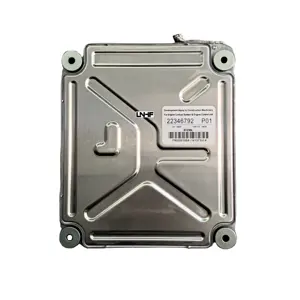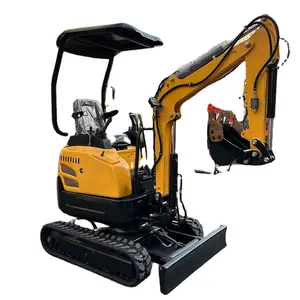Popular in your industry

































































































































































































 Ready to Ship
Ready to ShipTop categories
About mini lab jack
Exploring the Versatility of Mini Lab Jacks
Mini lab jacks are essential tools in the scientific community, providing stable and adjustable platforms for various laboratory applications. These compact devices are engineered to facilitate precise height adjustments, making them indispensable for tasks requiring careful elevation control. With a focus on functionality and adaptability, mini lab jacks cater to a broad spectrum of laboratory needs.
Types and Applications
The small lab jack is not a one-size-fits-all solution; it comes in various configurations to suit different tasks. From supporting beakers during heat applications to holding stirring equipment, these jacks are versatile. The mini lab jack is particularly useful for tasks that involve transferring elements or mixing chemicals, where precision and stability are paramount.
Design Features and Materials
When selecting a mini lab jack, the material is a crucial consideration. Many jacks are constructed with a stainless steel platform, offering durability and resistance to corrosion. The combination of plastic coverings and metal wire conductors, typically made from brass or phosphor bronze, ensures both safety and longevity. The design of these jacks often includes a threaded rod mechanism, allowing for smooth and precise height adjustments.
Advantages of Using a Mini Lab Jack
The advantages of using a small lab jack in the laboratory are numerous. Their compact size does not compromise their strength, as they are capable of supporting significant weight. This balance of size and power makes them an efficient use of workspace. Additionally, the corrosion-resistant materials used in high-quality jacks ensure that they can withstand the harsh conditions often found in laboratory environments.
Considerations for Selection
When choosing the right mini lab jack for your laboratory, consider the performance parameters such as load capacity and height range. The physical parameters, including the size and construction material, are equally important to ensure compatibility with your specific laboratory setup. It's essential to select a jack that meets the operational demands of your applications, whether it's for professional use or educational purposes.
Conclusion
In conclusion, the mini lab jack is a fundamental component in the realm of laboratory apparatus. Its ability to provide stable and adjustable elevation in a compact form factor makes it a valuable asset for any scientific setting. By understanding the types, applications, and materials of these jacks, one can make an informed decision to ensure seamless integration into their laboratory operations.




























